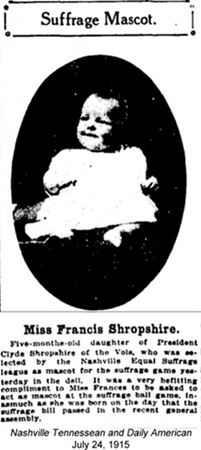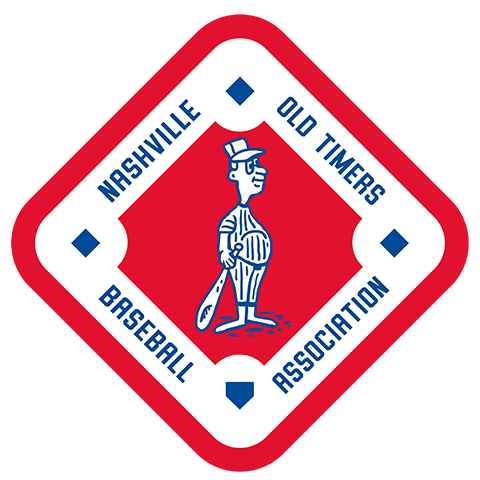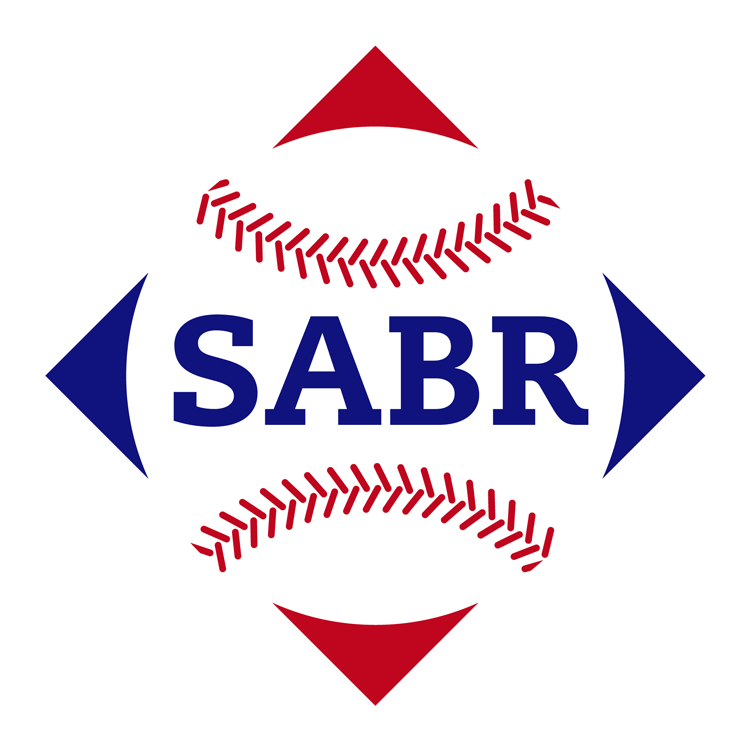
Clyde Shropshire was a notable attorney in Nashville, held prominent positions on the board of several businesses, and was elected to the Tennessee State House of Representatives on November 3, 1914, as a Democrat. A staunch supporter of suffrage, prohibition, and tax equalization, he served as Speaker of the House between 1917-1919.
He also was major stockholder and president of the Nashville Baseball Club beginning in 1914.
As voting rights for women gained steam in 1915, Shropshire showed his support for the movement with his best asset: his ball club. He designated the game played between Nashville and the Birmingham Barons on July 23 would be “Suffrage Day” at Sulphur Dell.
Sportswriter Blinkey Horn posted the rewards for players.
“But for those who happen to be Vols on July 23 will strike it lucky, for the suffragettes are going to stage a day all to themselves down in Sulphur Dell and offer all sorts of prizes for the Vols who do certain things – certain things that help along toward the big end of the score.”[1]
Shropshire sweetened the pot by pledging $25 as special prizes paid to players. The first of either team to hit a home run would be awarded $10, and $5 each to the player with the first triple, run scored, and stolen base. He also announced the suffrage movement would receive a portion of gate receipts.
“A quarter of the receipts from the turnstiles that day will be turned over to the seekers of the vote, who will use the fund to prosecute their campaign for the franchise.” [2]
That was not all.
Mrs. George Dallas, vice-president of the Nashville Equal Suffrage league, headed up the day’s event. She had a special booth constructed outside the entrance to the ballpark for patrons to purchase tickets, and saw to it that grandstand box seats were decorated in suffrage colors, yellow and white. Ladies sold all sorts of concessions, “cigars, peanuts, lemonade, popcorn, and the various substances obtainable at a baseball game”, moving throughout the stadium to hand out flyers, explaining the reasons why the voting franchise should be extended to the fair sex. Nashville won over Birmingham 6-3, but there is no mention the amount of the proceeds.
Perhaps as a gesture to Shropshire’s endorsements, his daughter was selected mascot of the game by the Nashville Equal Suffrage ladies.
The next season another game was planned in support of suffrage, once again with the full support of Shropshire. Designated as “Suffrage Day at Sulphur Dell” on August 21, 1916, yellow banners decorated the ballpark to commemorate “Votes for Women”. Ladies from the Equal Suffrage league sold tickets, soda pop, peanuts, and other concessions. Yellow sashes and streamers were part of the repeat celebration. Nashville won over the New Orleans Pelicans 6-1.
An addition to the event was the awarding of a cake to the ugliest and prettiest ballplayer, and one for the most popular fan. The cakes were on display in Nashville store windows in the days leading up to the game. The fund-raising endeavor was again noted as successful.
“The “Votes for Women” day was, inside and out, up and down, a climax of success piled mountain high. From an attendance standpoint, the affair swelled the coffers of the Vols and the Equal Suffrage League, so that Prexy Shropshire began to dream dreams of adding a wing to the family residence with the surplus change. The crowd was the largest week-day turnout which has been in the dell [sic] in many a moon, and the share given to the ladies ran to a satisfactory figure.”[3]
Not unnoticed was a banner suspended in the grandstand that drew favorable comment:
“For the safety of the nation,
“to the woman give the vote,
“For the hand that rocks the cradle
“Will never rock the boat.”
Shropshire served in the state Legislature beginning in 1915 and battled to approve the playing of baseball on Sunday. When he was elected Speaker of the House on January 1, 1917, he solidified his standing beyond the ballpark by making a case for suffrage in affirming his support at the ninth annual convention of the Tennessee Equal Suffrage association meeting held in Nashville’s Hermitage Hotel on January 5.
“Women’s suffrage, he declared, is the most vital question before the public today. Suffragism and temperance go hand in hand. The Speaker mentioned the change of feeling regarding the granting of universal suffrage. He declared that the women of the west elected (President Woodrow) Wilson, and promised all the aid in his power to support the cause of suffrage in the legislature.”[4]
A game designated for suffragists was repeated in 1917, with the game played on August 16 and won by Nashville over New Orleans 5-3. There was no mention of the suffrage movement except for an article from the previous week.
“Arrangements for the annual suffrage game in Sulphur Dell between the Vols and Pels have been completed and the committee of ladies in charge promises to provide some novel features for the occasion. The game will be played on Saturday next, and in addition to cash prizes, cakes are to be awarded to the diamond athletes for sundry deeds of valor.
“The first home player to score a run will receive a prize of $5, the same amount going to the first player who drives a runner in with a score. Cakes will be given to players who make the first hit, steal the first base, secure the first extra-base hit, as well as to the Apollo and ugliest player on the two teams.”[5]
Two weeks later, on January 19, the Suffrage bill was passed in the lower house, but on February 1 the Senate failed to approve the bill by a 21-12 vote.[6]
The efforts to bring a vote once again sat idle until April of 1918, when both houses passed the bill, and it became ratified as the 19th Amendment on August 18, 1920, by the Tennessee House of Representatives.[7]
It should be noted that the Speaker had his eyes on the presidency of the Southern Association. He also sought to become governor and confirmed his support of suffrage in his platform.
“I am an absolute, uncompromising believer in equal suffrage. I stand firmly upon our national and state democratic platform…I, for one, am not afraid to trust the woman with the ballot. God knows she is doing a man’s full part in every vocation of life now, and if it were necessary, she, too, would take a rifle and stand shoulder to shoulder with our soldiers who are bleeding and dying that civilization may live.”[8]
On February 12, 1919, Shropshire resigned as president of the Nashville club while retaining his majority interest. The previous year he had opposed A. H. Roberts and Austin Peay for the Democratic nomination for governor, but both he and Roberts lost to Peay.[9]
Sources
Newspapers.com
Paperofrecord.com
Sabr.org
The Sporting News
Tennesseeencyclopedia.net
Tennessee Secretary of State
Notes
[1]Blinkey Horn, “Vols and Barons Will Play on July 23 for Cause of Suffrage,” Nashville Tennessean and Daily American, July 23, 1915, 10.
[2]“Barons and Vols Will Play for Cause of Suffrage,” Nashville Tennessean and Daily American, July 18, 1915, 11.
[3]“Votes-For-Women Day Makes Vols Confirmed Suffragettes,” Nashville Tennessean and Daily American, August 22, 1916, 12.
[4]“Rye Welcomes Suffragists,” Nashville Tennessean and Daily American, January 6, 1917, 7.
[5] “Suffrage Game Will Be Played Next Saturday,” Nashville Tennessean and Daily American, August 2, 1917, 4.
[6] “Senate Kills Suffrage Bill,” Nashville Tennessean and Daily American, August 12, 1917, 14.
[7]“Women’s Suffrage: Tennessee and the Passage of the 19th Amendment,” https://sos.tn.gov/products/tsla/womens-suffrage-tennessee-and-passage-19th-amendment, retrieved 07-07-2019.
[8]“Shropshire Fires Opening Gun in Governor’s Race,” Chattanooga News, June 19, 1918, 3.
[9]“C. M. Shropshire Dies in Capital,” Nashville Tennessean, January 8, 1949, 10.
©2019 by Skip Nipper. All Rights Reserved.



